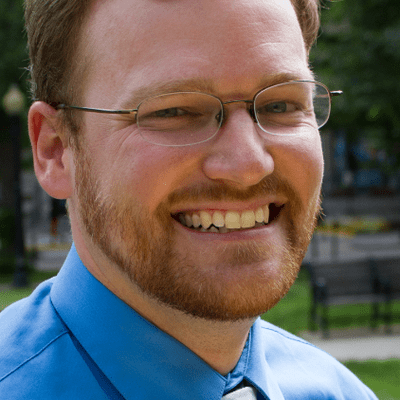Introduction
Federal lobbyists have this year collected nearly $1 million on behalf of national party organizations tasked with helping Democrats retain control of the U.S. Senate and regain control of the U.S. House of Representatives, according to a Center for Public Integrity analysis of campaign finance disclosures.
A dozen lobbyists bundled $882,000 for the Democratic Senatorial Campaign Committee during the first quarter, records show, while one organization bundled $18,500 for the Democratic Congressional Campaign Committee.
| Party committee receipts and lobbyist bundles | ||||||
| Rank | Name | Amount from lobbyist-bundlers | Total receipts | |||
| 1 | Democratic Senatorial Campaign Committee | $882,000 | $13.7 million | |||
| 2 | Democratic Congressional Campaign Committee | $18,500 | $22.6 million | |||
| 3 | National Republican Congressional Committee | N/A | $17.5 million | |||
| 4 | National Republican Senatorial Committee | N/A | $6.9 million | |||
| Source: Center for Public Integrity analysis of Federal Election Commission filings. Total receipts reflect money raised between Jan. 1, 2013 and March 31, 2013 | ||||||
Top lobbyist bundlers for the DSCC this year include Democratic super lobbyist Tony Podesta of the Podesta Group ($145,000), as well as the political action committees of the firms Brownstein Hyatt Farber Schreck ($228,750); Akin Gump Strauss Hauer & Feld ($174,450) and Holland & Knight ($97,000).
The National Association of Realtors PAC was the sole lobbyist-bundler for the DCCC during the three-month period.
Bundlers raise campaign cash from friends and associates and deliver the checks in a “bundle.” They are often receive special access or other perks for their fundraising acumen.
The amount lobbyist-bundlers raised for their GOP counterparts is unknown. That’s because earlier this month, both the National Republican Senatorial Committee and the National Republican Congressional Committee opted to change the frequency of their filing disclosures with the Federal Election Commission.
Their next reports must be submitted by July 31 and will detail fundraising activity by lobbyists during the first six months of 2013.
During the past two years, the two Democratic party committees collected more money from lobbyists than their Republican equivalents, as a recent Center for Public Integrity analysis highlighted.
That comes despite frequent criticism of lobbyists and Washington special interests by President Barack Obama, who himself rejects donations or contribution bundles from lobbyists, as does the Democratic National Committee.
The Center’s analysis found that the DSCC raised nearly three times as much money from lobbyist-bundlers than the NRSC ($2.8 million versus $1 million), while the DCCC also edged out the NRCC ($617,000 versus $455,000).
The analysis also found that Democratic Sen. Robert Menendez of New Jersey raised more money from lobbyist-bundlers than any other member of Congress during the 2011-2012 election cycle (about $227,000) and Rep. Howard “Buck” McKeon, R-Calif., the chairman of the Armed Services Committee, collected more money from lobbyist-bundlers than any other member of the House ($59,000).
Notably, Sen. Lindsey Graham, R-S.C., received nearly as much money from lobbyist-bundlers as Menendez during the past two years, and these contributions accounted for 10 percent of Graham’s overall haul — a significantly larger portion than any other member of Congress.
The leadership PACs of Sens. Chuck Schumer, D-N.Y., and Harry Reid, D-Nev., ranked as the political groups with the next largest portion of receipts tied to the fundraising efforts of registered lobbyists.
After Graham, Schumer himself ranked as the lawmaker with the second largest portion of his total contributions coming from lobbyist-bundlers.
Reporting of bundling by lobbyists was required by a 2007 law prompted by the scandal surrounding lobbyist Jack Abramoff, who served three-and-a-half years in federal prison after pleading guilty to corruption charges.
Read more in Money and Democracy
Primary Source
Environmentalists boost ally in Massachusetts special election
Support helps Democrat Ed Markey prevail in primary
Primary Source
Environmental nonprofit makes big ad buy thanking senators
Six-figure spots spoof AT&T advertising campaign

Join the conversation
Show Comments